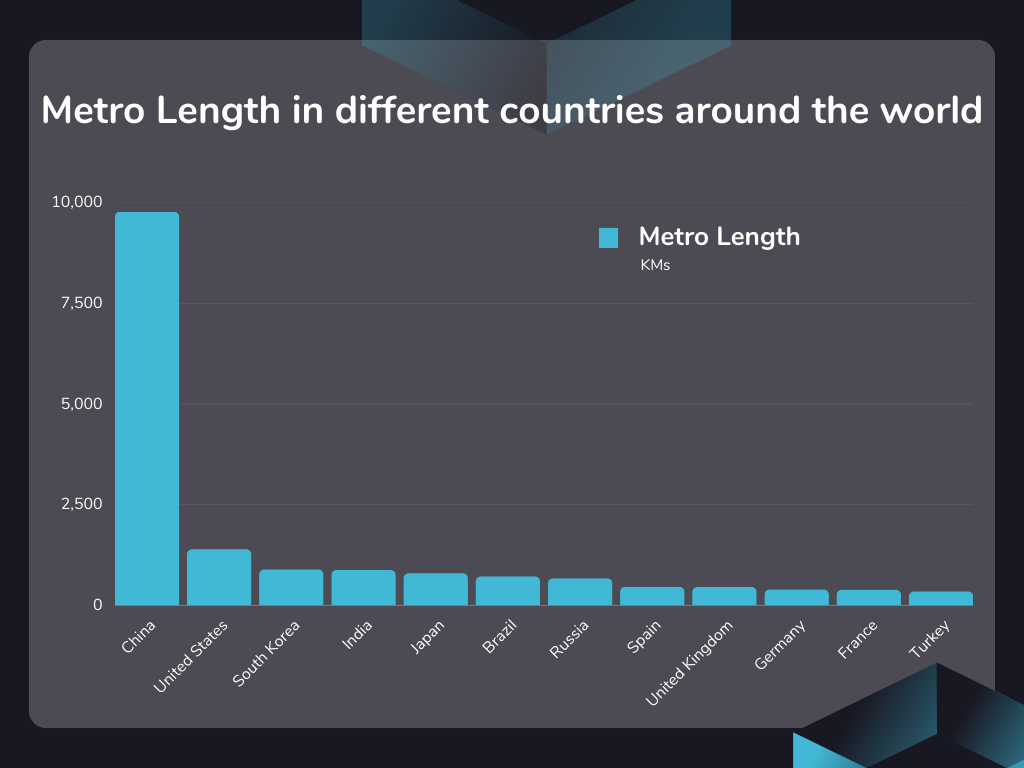Middle East/Africa China's tightly controlled internet flooded with antisemitism following Hamas massacre
- Middle East & African Affairs
- 1 Replies
There is evidence that even the official Chinese news media have been given the green light to air antisemitic tropes. In his address to the U.S. Bar Association, SEAS Deputy Aaron Keyak noted, "For example, in an October 2023 program on ‘uncovering the Israel elements of U.S. elections in history,’ PRC state media (China’s central television) alleged that ‘Jews who represent 3% of the U.S. population control 70% of its wealth.'"
The hate, however, runs deeper than old tropes. As the Gaza war continued into the end of 2023, Su Lin, a frequent contributor to Chinese state media and a senior research fellow at China’s most prestigious "private" think tank, the Center for China and Globalization (CCG), reportedly went as far as saying publicly, "Hamas was too gentle" or, in another translation, "Hamas went too soft on Israel."
Feingold also says the CCP, to maintain tight control and prevent internal ethnic strife, would not tolerate similar vitriol on social media if it was directed at China’s Muslims, such as Uyghurs or the Hui ethnic group.
Medzini noted that China was once a sincere friend to the Jewish people and the State of Israel.
"The father of modern China, Sun Yat-sen, supported Zionism and the return of Jews to Israel," he said. "Although Japan was an ally of Nazi Germany during WWII, in Japanese-occupied China, Jews were not persecuted, and as a result, some 30,000 Jews survived the war. Nationalist China was the first Asian nation to recognize Israel in March 1949, while Israel was among the first ten non-Communist nations to recognize the People's Republic of China in January 1950."
Before the Israel-Hamas war started, Feingold published a commentary calling on the Biden-Harris administration to send the U.S. antisemitism ambassador to China. However, he told Fox News Digital, "Despite a few references recently in public remarks, I’m not optimistic that the Biden-Harris administration’s China engagement efforts will really include tackling antisemitism in China."
Another country that seems concerned about the growing trend is Germany. Writing in Chinese, the German embassy posted a comment on Weibo, China’s version of X, formerly known as Twitter.
The translated tweet says, "Dear netizens, we need to emphasize the rules of the comment area again: We believe in the power of free speech and rational debate. Therefore, we allow some negative, critical and controversial comments to appear below our posts. … But all this is not without limitations. … We also want to make it clear that those who deliberately combine the Israeli flag with Nazi symbols in their profile pictures are either ignorant idiots or shameless *&*&*&*&*&*&*&*&! Such accounts will be permanently blocked by us."
But stern comments from the German embassy have had little to no effect in reducing the vast amount of antisemitic content on Chinese social media platforms. Considering how tightly controlled China’s internet is, critics wonder if it’s fair to ask why the platform operators or Chinese government haven’t taken action.
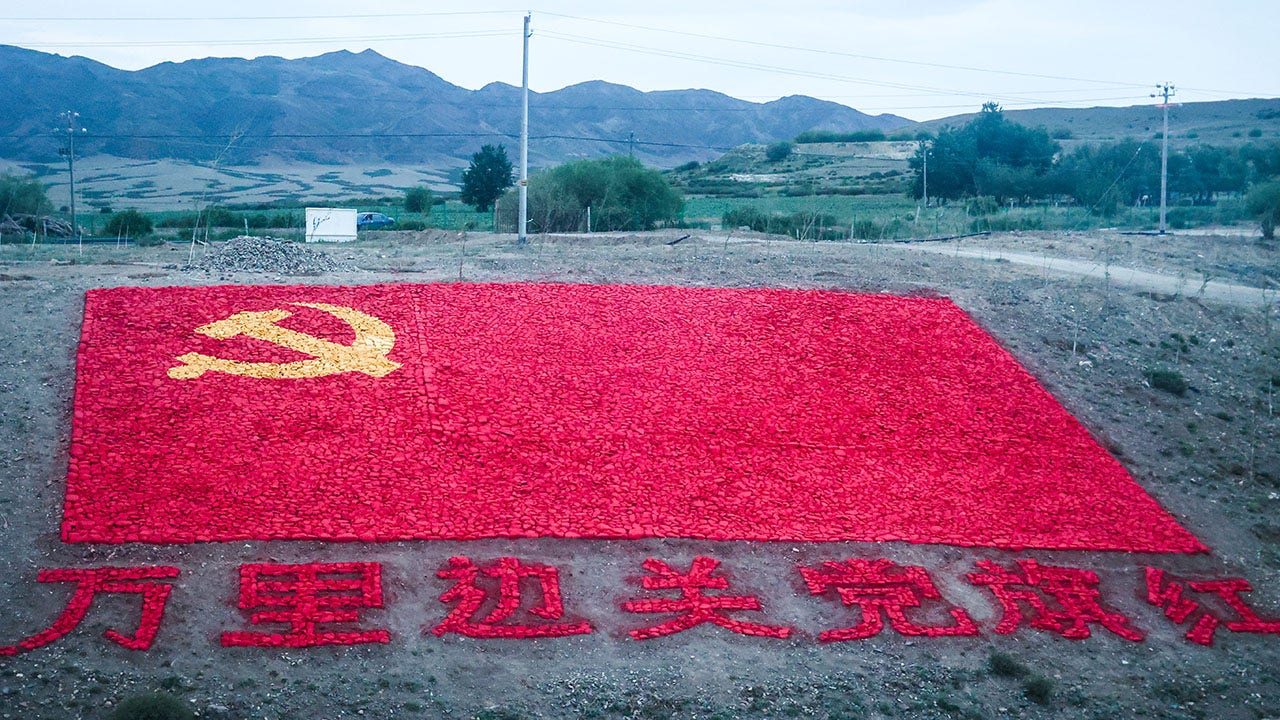
 www.foxnews.com
www.foxnews.com
The hate, however, runs deeper than old tropes. As the Gaza war continued into the end of 2023, Su Lin, a frequent contributor to Chinese state media and a senior research fellow at China’s most prestigious "private" think tank, the Center for China and Globalization (CCG), reportedly went as far as saying publicly, "Hamas was too gentle" or, in another translation, "Hamas went too soft on Israel."
Feingold also says the CCP, to maintain tight control and prevent internal ethnic strife, would not tolerate similar vitriol on social media if it was directed at China’s Muslims, such as Uyghurs or the Hui ethnic group.
Medzini noted that China was once a sincere friend to the Jewish people and the State of Israel.
"The father of modern China, Sun Yat-sen, supported Zionism and the return of Jews to Israel," he said. "Although Japan was an ally of Nazi Germany during WWII, in Japanese-occupied China, Jews were not persecuted, and as a result, some 30,000 Jews survived the war. Nationalist China was the first Asian nation to recognize Israel in March 1949, while Israel was among the first ten non-Communist nations to recognize the People's Republic of China in January 1950."
Before the Israel-Hamas war started, Feingold published a commentary calling on the Biden-Harris administration to send the U.S. antisemitism ambassador to China. However, he told Fox News Digital, "Despite a few references recently in public remarks, I’m not optimistic that the Biden-Harris administration’s China engagement efforts will really include tackling antisemitism in China."
Another country that seems concerned about the growing trend is Germany. Writing in Chinese, the German embassy posted a comment on Weibo, China’s version of X, formerly known as Twitter.
The translated tweet says, "Dear netizens, we need to emphasize the rules of the comment area again: We believe in the power of free speech and rational debate. Therefore, we allow some negative, critical and controversial comments to appear below our posts. … But all this is not without limitations. … We also want to make it clear that those who deliberately combine the Israeli flag with Nazi symbols in their profile pictures are either ignorant idiots or shameless *&*&*&*&*&*&*&*&! Such accounts will be permanently blocked by us."
But stern comments from the German embassy have had little to no effect in reducing the vast amount of antisemitic content on Chinese social media platforms. Considering how tightly controlled China’s internet is, critics wonder if it’s fair to ask why the platform operators or Chinese government haven’t taken action.

China's tightly controlled internet flooded with antisemitism following Hamas massacre
Since the Hamas massacre of Israeli and foreign nationals, antisemitic content in China has grown, and critics are alarmed it has not been stopped.


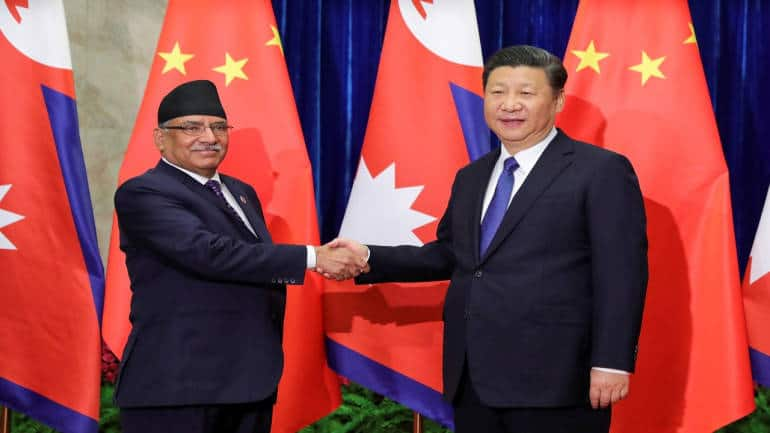


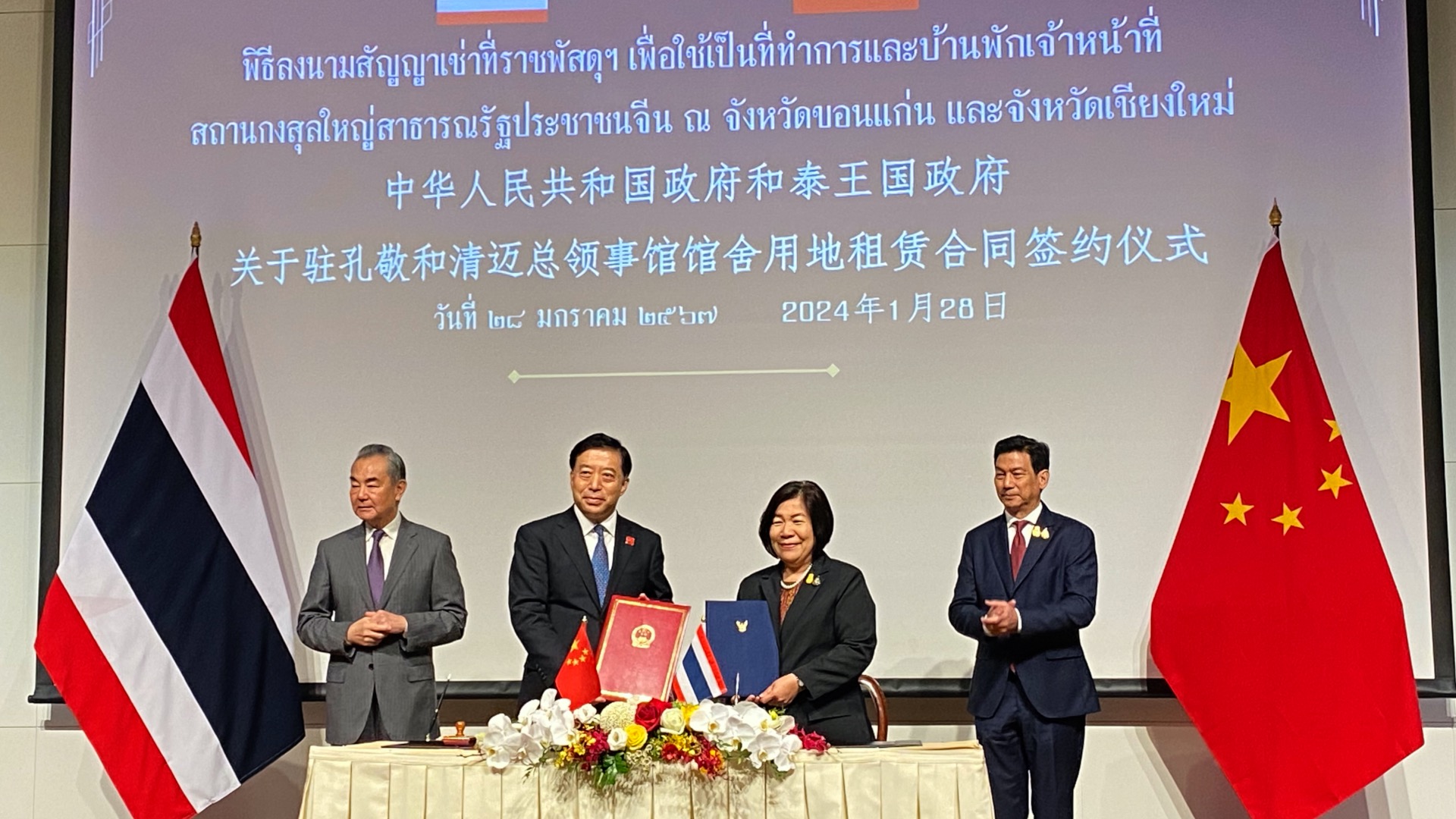
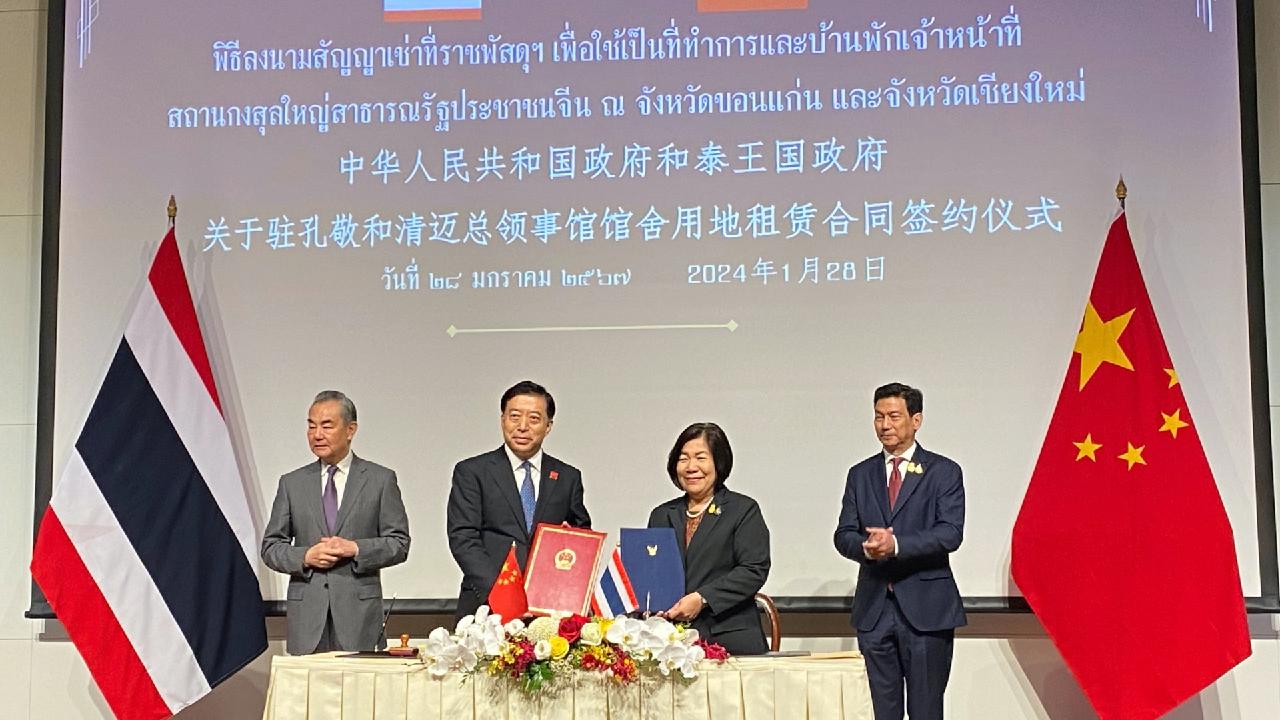

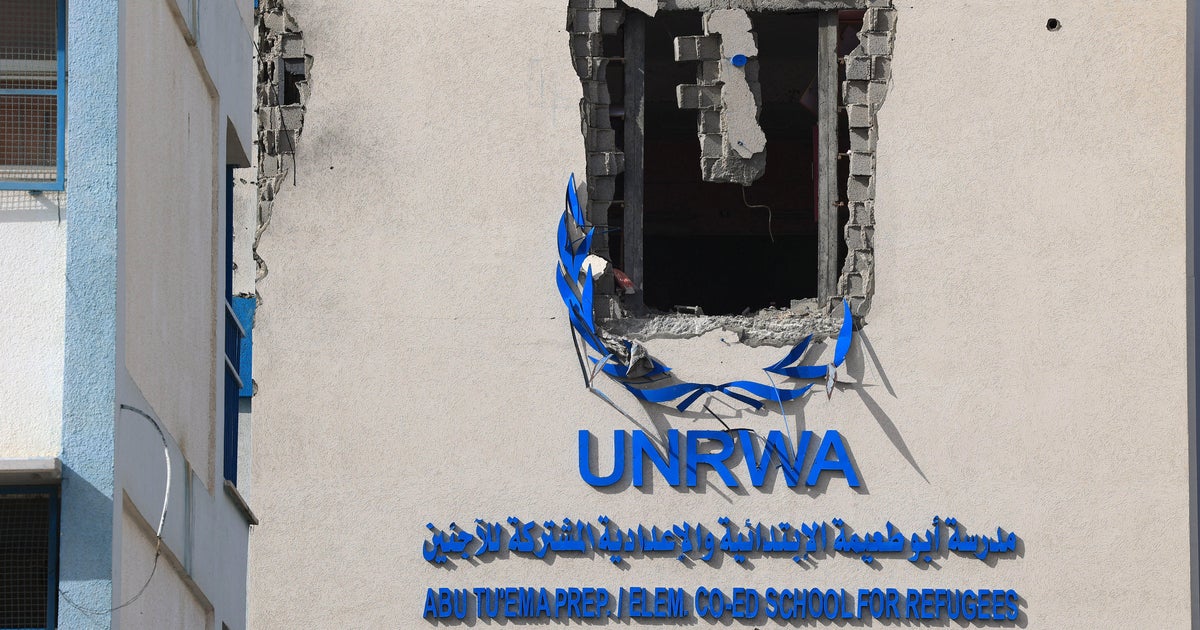




1706019379-0/White-Leopard-Kerthar-National-Park-(1)1706019379-0.jpeg)
1706019379-1/White-Leopard-Kerthar-National-Park-(2)1706019379-1.jpeg)


